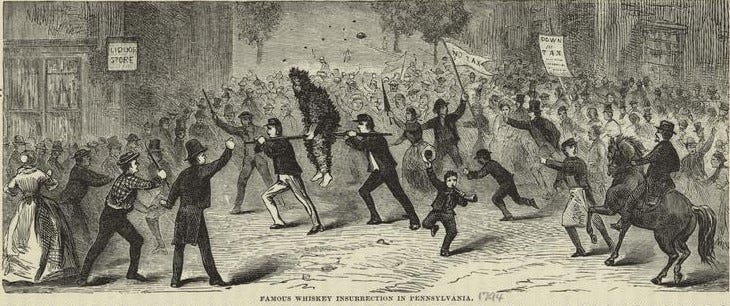
And perhaps one day, looking serenely at the past, it will be judged that the test we are now enduring, harsh and painful to us, was a stage that Italy had to go through to rejuvenate its national life, to complete its political education, to feel more severely its duties as a civilized people.
— Benedetto Croce
Among the common critiques of Trumpism, which includes in its critical attention Trump’s supporters, is the broad claim of their ignorance — ignorance of facts, ignorance of specialized knowledge about which they are easily influenced to hold opinions they cannot support, ignorance of both world and contemporary history, ignorance of t…
Keep reading with a 7-day free trial
Subscribe to Homo Vitruvius by A. Jay Adler to keep reading this post and get 7 days of free access to the full post archives.




